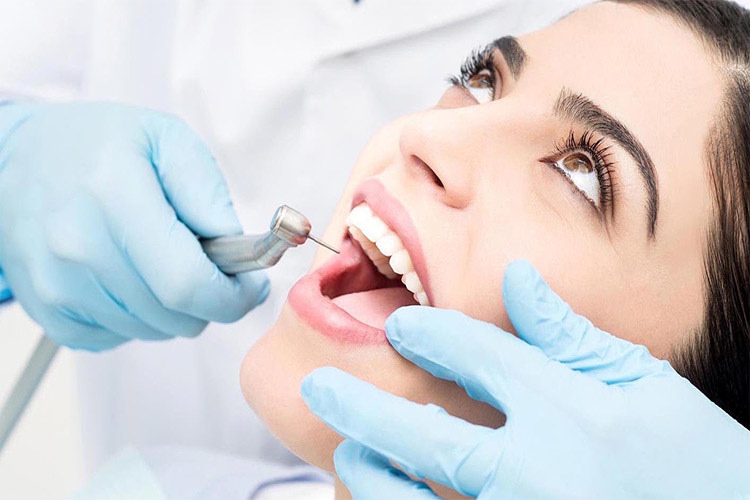
Excellent full mouth dental implants clinic Turkey 2025: Here are the key advantages of getting dental implants in Turkey, especially for international patients like yourself: You can save 50% to 80% on dental implant procedures compared to the UK, US, and many parts of Western Europe. Typical prices range from £400–£1,000 per implant, versus £2,000–£3,000 (UK) or $3,000–$5,000 (USA). Many clinics offer all-inclusive packages—covering consultations, implants, crowns, accommodation, airport transfers, and sometimes even guided tours—making budgeting simpler and more transparent. Personal accounts reinforce this: one user saved over £3,000 compared to UK prices, enjoying a five-star stay, transfers, and translation services. Read additional details at full mouth dental implants Turkey price.
Our clinics offer treatment of dental implants in Turkey, with premium implants manufactured by well-known local and international brands and applied by experienced surgeons. The cost can vary depending on implant preferences and specific patient requirements. The advanced technology and personalized planning used in the treatment process ensure that patients get the best results. With a detailed examination and consultation, the most ideal treatment options are determined according to the needs of the patients. How Much is Full Mouth Dental Implants Turkey Price? Our full mouth dental implants Turkey price starts from £2400 in Antalya. This is for the price of the implant roots when the patient visits for their initial visit. Note that full mouth dental implant treatment is carried out in two phases. The first phase is where implants are inserted into the jawbone, and the second is where permanent teeth are placed after some healing time.
Preserve jawbone health and facial appearance – Dental implants do more than just hold your artificial teeth. They prevent your facial esthetics from deteriorating after you’ve lost a tooth. Let’s dive a little deeper to see how that happens. Your tooth root is anchored into your jawbone, where it provides stimulation to maintain healthy bone tissue around it. When you lose a tooth, there is no longer any force being exerted on that part of the bone. As a result of lower levels of stress there, the body adapts by breaking down the bone tissue and resorbing some of the bone in that area. This is a natural consequence of tooth loss, and most of this bone loss happens during the first six months following a tooth extraction.
Improved Oral Health: Once the dental implants integrate with your jawbone, they will provide enough stimulation to help prevent bone loss. Maintaining proper jawbone structure is important because it holds the natural shape of your face and helps hold any remaining teeth in place. Also, dental implants do not rely on other teeth to hold the restoration in place like partial dentures and bridges do. This extra stress puts those teeth at a higher risk for decay and infection. While dental implants do not require special maintenance beyond regular brushing and flossing, dentures must be removed and cleaned regularly. This may not bother others, but some patients may find it inconvenient. Read even more info at https://www.andepol.com/.
Better Speech: Missing teeth can make it difficult to pronounce certain letters and sounds. Someone with gaps in their smile may slur or mumble. Dental implants provide a reliable and stable tooth replacement for the tongue and lips, allowing patients to speak more clearly and confidently. Maintaining proper oral health is especially important as you age. You become more vulnerable to dental problems due to aging, medication use, and underlying health conditions. Your teeth may undergo several changes affecting their appearance, strength, and function. In addition, your teeth may be at a higher risk of decay, infection, discolouration, and tooth loss (especially if you have had significant decay or gum disease).